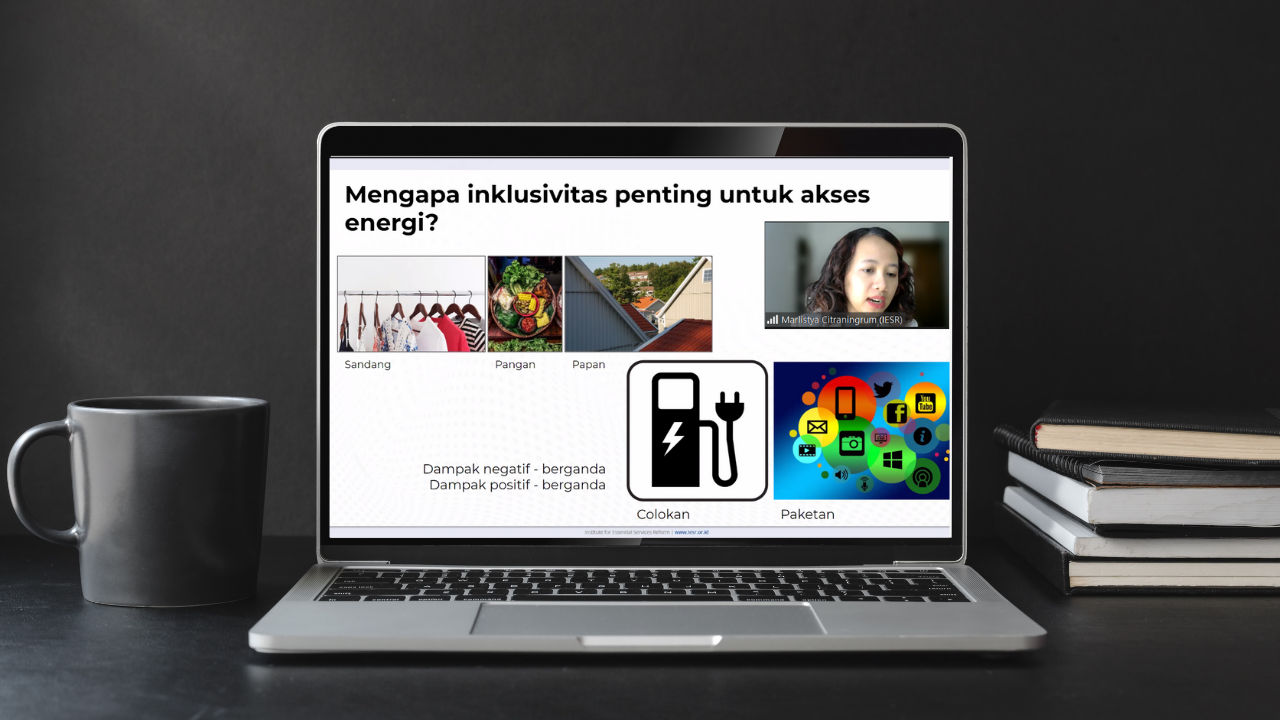Energy is a basic need for everyone, including women. So it is appropriate to consider the allocation and supply of energy that meets the needs of each gender. Unfortunately, the energy sector is often treated as a gender bias sector because many jobs in the energy sector involve physical work as well as technical calculations. In an effort to mainstream a gender perspective in the energy sector, NZMates invited three persons to share their experiences of being female workers in the energy sector.
Beti Rattekanan, Head of the Sub-Division of Economics and Natural Resources II Bappeda Maluku, agrees that there is still a stigma that energy is a male affair, both in the household and in regulatory agencies. In fact, according to her, at the household level, it is women who do a lot of activities near energy, ranging from cooking to other household appliances.
“Women are even decision makers in the use of more efficient energy in the household,” said Beti.
Program Manager for Sustainable Energy Access, IESR, Marlistya Citraningrum emphasized the importance of inclusiveness in the energy sector. This is due to an increase in basic human needs from just clothing, food, and shelter to clothing, food, shelter, energy, and connectivity. Especially for women, the availability of reliable energy will meet their basic needs, productive needs, and social needs at the same time.
“Energy can give different meanings to women. For example, with electricity, not only do they get lighting, but with this lighting, women can carry out activities that have economic value, such as weaving, fishing, and so on. Having access to energy also helps women to attend community gatherings or village meetings which are generally held at night,” explained Marlistya.
Marlistya added that there is a tendency for real differences in the choice of needs between men and women towards energy.
“On one occasion, we asked the residents of a village what facilities they would need if the village had electricity. Most of the men wanted coffee processing machines (because the majority of them are coffee farmers), while mothers preferred proper lighting for their children so their children can study comfortably at night
Maryam Karimah, Renewable Energy Technical Specialist at NZMates, stated that the presence of women in the energy sector which is currently still dominated by men will provide a new perspective and added value to the decisions taken.
“Each energy project must meet several aspects of criteria such as technical and economic feasibility, must be socially and politically acceptable, and last but not least, it must be safe for the environment. This multidisciplinary need requires various scientific and social perspectives, so the presence of women in the energy sector is very important,” said Maryam.

